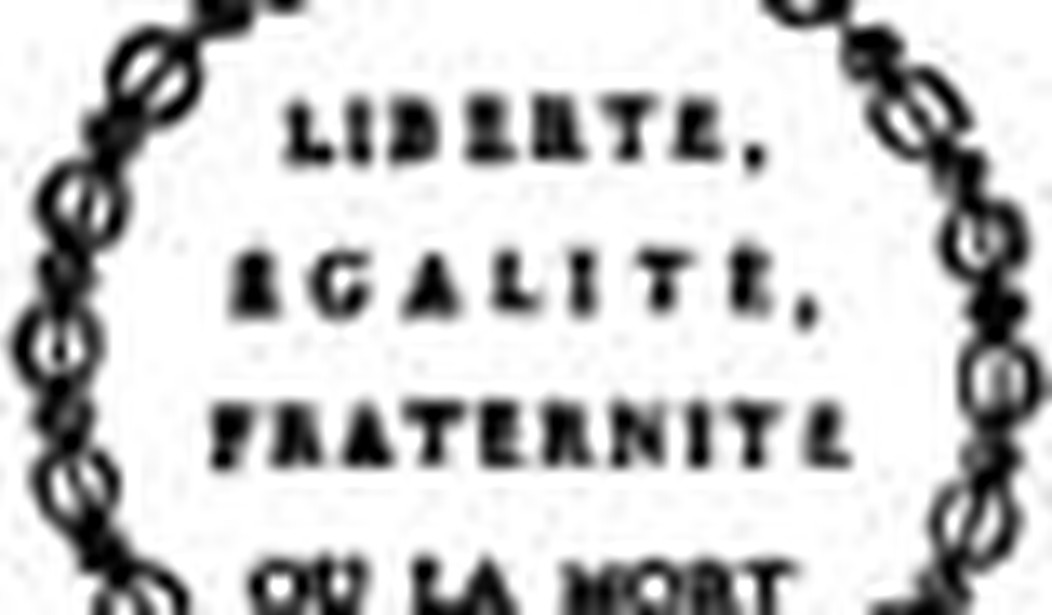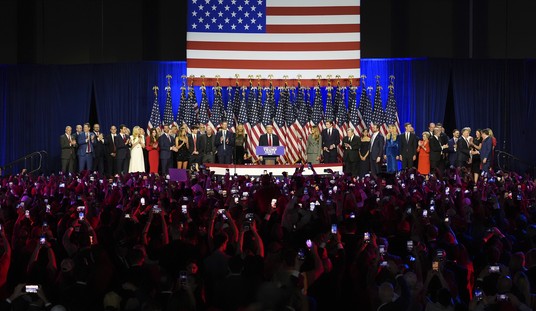Americans on both left and right are unhappy with the current health care reform bills.
The left is upset because neither the House nor Senate version goes far enough towards putting government firmly in control of our medical decisions, with the goal of providing equal coverage for all no matter what the price. The right is upset because we see the bills’ provisions as unwarranted intrusions on our liberty that create a “right” where none existed before. We believe that reform would be better handled by fostering competition in the private sector rather than increasing government intervention in vital decisions that should remain between doctor and patient.
And those objections, powerful though they are, don’t even begin to address the ugly process of passage — which has featured haste and secrecy, ignored the opinion of the American public, and involved some of the most flagrant vote-purchasing in congressional history, capped by the cynicism of a Harry Reid dissing those senators who failed to get in line for their share of pork. And then there’s the denied but enormous and probably unsustainable cost of the current plans, the stress on small businesses, and a myriad of other unresolved issues such as whether abortion will be covered with public funds.
That’s a lot of very tough meat to chew on. But embedded in the second paragraph of this article is the most basic division between left and right, embodied in the phrases “providing equal coverage for all” and “unwarranted intrusion on our liberty.”
The first expresses the left’s push for equality of outcome, while the second speaks to the right’s concern with safeguarding liberty while providing equality of opportunity. Even if it were possible to put aside for a moment all the highly valid concerns about the way this bill has been advanced against the will of the American public — the lack of transparency, the fiscal fudging, the vote-buying, and the lies — this deep and primary philosophical difference between left and right would still remain.
It’s an old story. In the book The Survival of Culture by Hilton Kramer and Roger Kimball, there is a piece entitled “Burke and Political Liberty,” in which Martin Greenberg writes that the French Revolution occasioned a “deep shift, anticipated by Rousseau, of moral feeling away from concern for liberty to concern for social justice.” We are feeling the reverberations of the left’s attempt to effect or exploit a similar shift in today’s United States in the form of these health care bills.
But the U.S. is not France. Our Declaration of Independence states that our God-given and inalienable rights are to “life, liberty, and the pursuit of happiness.” Note the emphasis on liberty, as well as the equal opportunity for all to seek happiness but not necessarily to find it. The idea is that government should exercise restraint and not impede these inherent human impulses and freedoms.
Contrast this to the French Revolution slogan of just a few years later: “liberté, égalité, fraternité.” It has a nice ring to it, to be sure. But it contains an inherent and irreconcilable contradiction, because liberty and equality (of outcome, which is the way the phrase came to be interpreted) are mutually exclusive, with the latter inevitably requiring government intervention that inhibits the former.
The stated slogan driving so much of leftist thought and action is the ideal of “social justice” — in other words, equality of outcome and the leveling of resources through redistribution of wealth (except, of course, for those in charge, who somehow always manage to keep their perks; a good example of this would be Congress’s exemption of its own members from the hazards of ObamaCare). The fact that such equality is a fake “justice” and that all efforts towards achieving it end up profoundly compromising liberty is ignored or minimized by its champions.
We have increasingly seen this principle in action during the Obama administration, both in the executive and legislative branches of government. Obama plays on it intentionally; notice how often he uses the phrase “social justice” or “justice,” and how seldom the word “liberty” escapes his lips? This is no accident.
Years ago — for example, during FDR’s Depression terms — most liberal/left “solutions” were relatively new, and the idealism behind them had yet to be repeatedly contradicted by reality. But it is much more difficult now, after seeing what has gone on in the frankly Communist countries around the world as well as the softer socialist ones of Europe, to remain idealistic about the results of legislation that furthers the growth of government in leftist causes and its concomitant restraints on liberty. Idealism on the American left has increasingly been replaced by a thirst for power and ever more power.
That was the path of the French Revolution, as well, when the drive for power and “social justice” (that “égalité” part) led in that case to a bloodbath.
Now that Reid has used taxpayer money to successfully buy the last of his sixty votes for cloture, a great deal of sorrow and outrage is being expressed on the right: Is this the beginning of the end of the republic? Have the lights gone out for the shining city on the hill?
This country was founded and then fostered by people who valued liberty highly: immigrant generations and their immediate children. As time has passed, Americans have become more removed from that overwhelming concern. The majority of earlier generations (or their parents) had direct personal experience of what lack of liberty felt like, and therefore were willing to defend liberty at almost any cost.
Perhaps too many Americans today have grown accustomed to the blessings of liberty, and do not feel it to be threatened. Perhaps there is no way to transmit that original fierce love of liberty to succeeding generations who have not personally felt the pain of its absence. Such Americans appear very susceptible to the idea that a vast country such as ours has the moral responsibility to guarantee health care to all its citizens as an additional inalienable right — whether they can pay or not, whether the country as a whole can afford it or not, whether it will cause substandard care for the majority or not, and whether it will end our ability to make our own medical decisions or not — and that only government is equipped to do this, even if it means taking from each according to his ability, and giving to each according to his needs, and even if the entire endeavor is impossible to carry off.
Have Americans decided that liberty is passé, and that equality and fraternity — or the pretense of both — are far more important? To paraphrase Churchill’s famous statement about Munich, in which he is purported to have said that “the government had to choose between war and shame. They chose shame. They will get war, too.”
Our government has had to choose between liberty and social justice. They chose social justice. They will get neither.









Join the conversation as a VIP Member